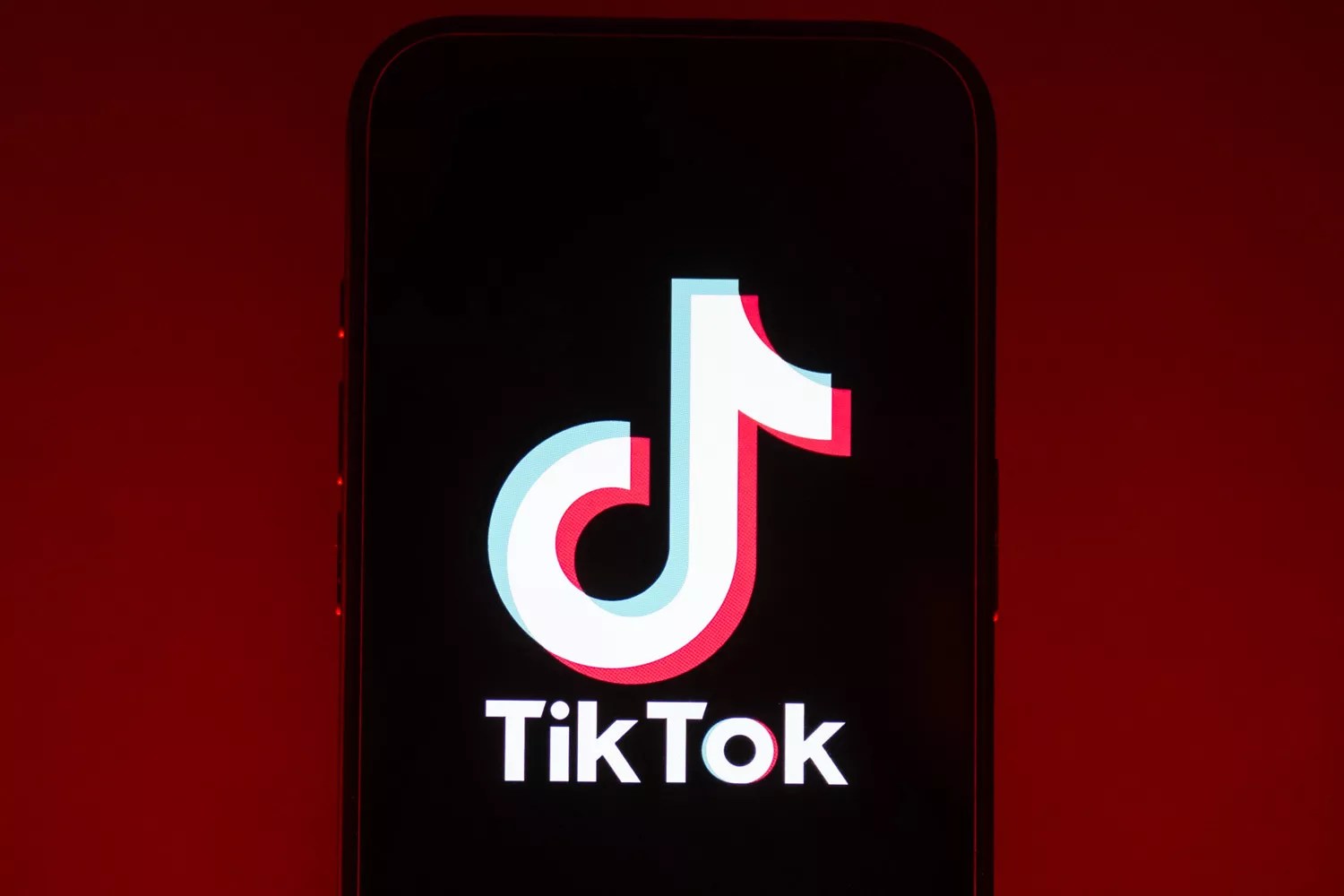TikTok logo.Photo:Omer Taha Cetin/Anadolu via Getty

Omer Taha Cetin/Anadolu via Getty
TikTokis no more — for now.
The social media application is officially down, as of Saturday, Jan. 18, only hours before the law thatbans TikTok from being distributed in the United Stateswas set to go into effect.
Users who open the TikTok app are greeted with a pop-up message that reads: “Sorry, TikTok isn’t available right now.”
“A law banning TikTok has been enacted in the U.S. Unfortunately, that means you can’t use TikTok for now,” the message continues.
Never miss a story — sign up forPEOPLE’s free daily newsletterto stay up-to-date on the best of what PEOPLE has to offer, from celebrity news to compelling human interest stories.
TikTok on a cell phone (stock image).Jaap Arriens/NurPhoto via Getty

Jaap Arriens/NurPhoto via Getty
Justtwo days before the deadline, on Friday, Jan. 17, the Supreme Courtruledthat the law forcing TikTok to cease U.S. operations if it didn’t divest from Chinese ownership is constitutional, affirming an appeals court’s previous ruling that the sell-or-ban mandate didn’t violate the First Amendment.
Attorneys for TikTok previously said in court that the app will “go dark” if the law went into effect, although they didn’t go into specific details about their plans, short of saying that “essentially, the platform shuts down.”
In avideo statementreleased after the court’s decision came out, TikTok CEO Shou Zi Chew didn’t directly address the ruling, or the company’s plans, but instead thanked President-elect Trump, 78, “for his commitment to work with us to find a solution that keeps TikTok available in the United States.”
That same day, Trump shared a message on his Truth Social platform, writing that the court’s decision “was expected, and everyone must respect it.”
“My decision on TikTok will be made in the not too distant future, but I must have time to review the situation,” he added. “Stay tuned!”
Although it remains unclear what actions Trump might take,The Washington Postpreviouslyreported that he was considering issuing an executive order after taking office, which would suspend enforcement of the ban for somewhere between 60 to 90 days. The delay would give him time to help broker a sale — something TikTok and ByteDance have not been willing to do in the past — or offer another solution.
Trump then told NBC News’Meet the Pressmoderator Kristen Welker in a phone interview on Jan. 18 that he will soon potentially give TikTok a 90-day extension.
“I think that would be, certainly, an option that we look at. The 90-day extension is something that will be most likely done, because it’s appropriate. You know, it’s appropriate. We have to look at it carefully. It’s a very big situation,” Trump said, perNBC News.
Never miss a story — sign up forPEOPLE’s free daily newsletterto stay up-to-date on the best of what PEOPLE has to offer, from celebrity news to compelling human interest stories.
TikTok on a cell phone (stock image).NurPhoto via Getty Stock Photos

NurPhoto via Getty Stock Photos
With the ban deadline falling just one day before Trump takes office, there have been lingering questions about what PresidentJoe Biden’s administration will — or won’t — do.
However, the press secretary added that given the “sheer fact of timing, this Administration recognizes thatactions to implement the law simply must fall to the next Administration, which takes office on Monday.”
If TikTok or other internet companies violated the law, they could also face giant financial penalties — although enforcement of the law is up to the Justice Department. (Trump’s pick for attorney general, Pam Bondi,declined to say whether she would committo enforcing the law during her recent confirmation hearing).
TikTok on a cell phone (stock image).Nikolas Kokovlis / NurPhoto / Getty Images

Nikolas Kokovlis / NurPhoto / Getty Images
There has been talk of banning TikTok in the U.S. since it surged in popularity during the COVID-19 pandemic.
The ban comes amid growing security concerns that China could use the app as a surveillance tool on American citizens and as a way to access information or data on them without their knowledge.
TikTokhas deniedthat information on the app would be shared with the Chinese government, and the Chinese foreign ministry also argued that “the U.S. has never found any evidence of TikTok posing a threat to the U.S.’s national security,” according toReuters.
TheFinancial Timesreported in March 2024 that TikTok, which waslaunched in 2016and headquartered in Los Angeles and Singapore (with offices in such cities as New York, London, Dubai and Tokyo), generated $16 billion in sales in the U.S. the previous year.
As for what Americans think of theTikTok ban, aPew Research pollreleased in December 2024 found that 32% of Americans supported banning TikTok, a significant drop from the 50% who supported the ban in March 2023.
source: people.com